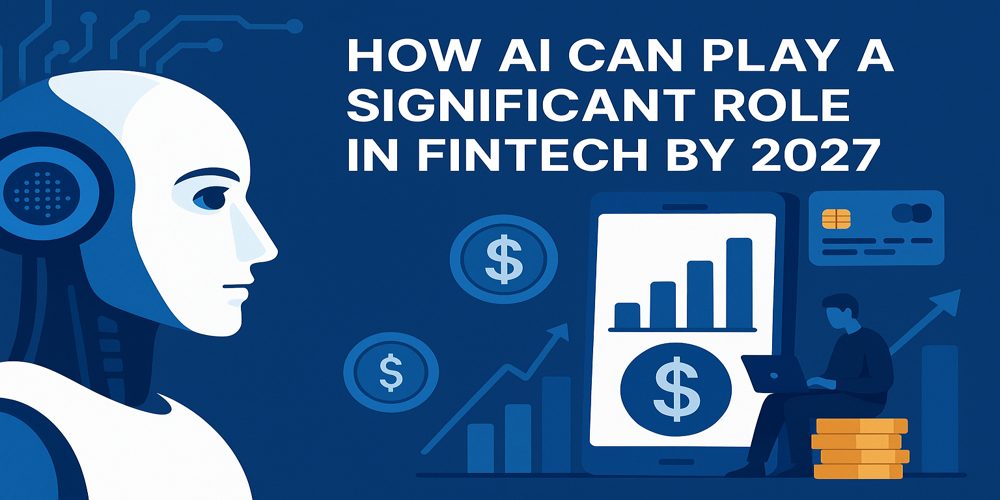Tax Treatment for Reverse Mortgage
Reverse mortgage is the loan given to senior citizens who posses a self-occupied property. As per the reverse mortgage the senior citizens (borrowers) can mortgage their house to the bank (lender). The bank in turn gives a lump sum amount or pays periodic installments to the borrower. This product enables the borrower to get a regular source of income while they continue to stay in their house.
In spite of being a very useful product for retirement planning it has not picked up in our country, the reason being as of last year the tax treatment on reverse mortgage was unclear. In the Union Budget 2008-2009, the Finance Minister P. Chidambaram explained the tax treatment on reverse mortgage.
As per Budget 2008-2009 the reverse mortgage will not amount to a transfer. This means that mortgaging of the property by the senior citizens to the bank will not be considered as transfer of an asset and therefore it will not attract any capital gains tax.
Secondly, the stream of revenue received by the senior citizen will not be income. This implies that the lump sum amount or the amount received in installments by the senior citizens for mortgaging the house to the lender is not taxed as income.
However in case the senior citizen or his/her legal heir (s) want to repay, the loan amount will not be eligible for tax deduction on the interest repaid and will have to pay capital gains tax on the sale of the property.
Reverse mortgage can prove to be very helpful for those senior citizens who do not have any source of income and do not plan to leave behind an estate for their legal heirs.








